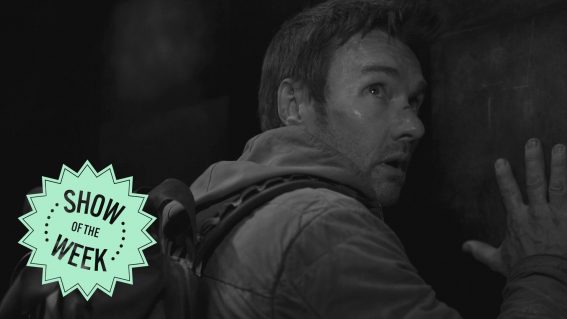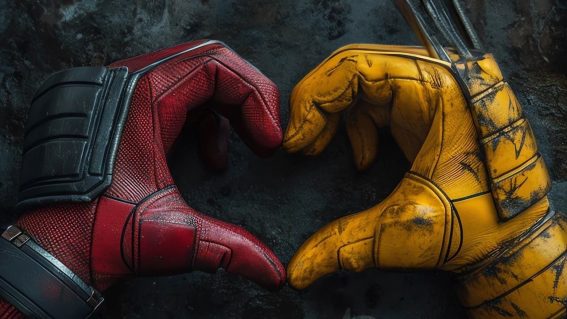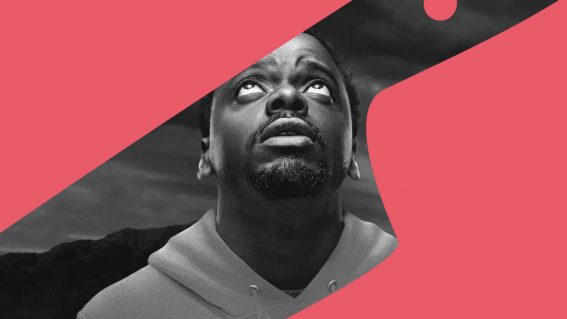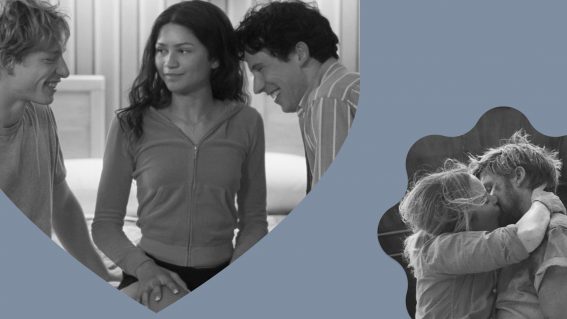The wait for The Witcher’s last episodes proves an entirely pointless divide
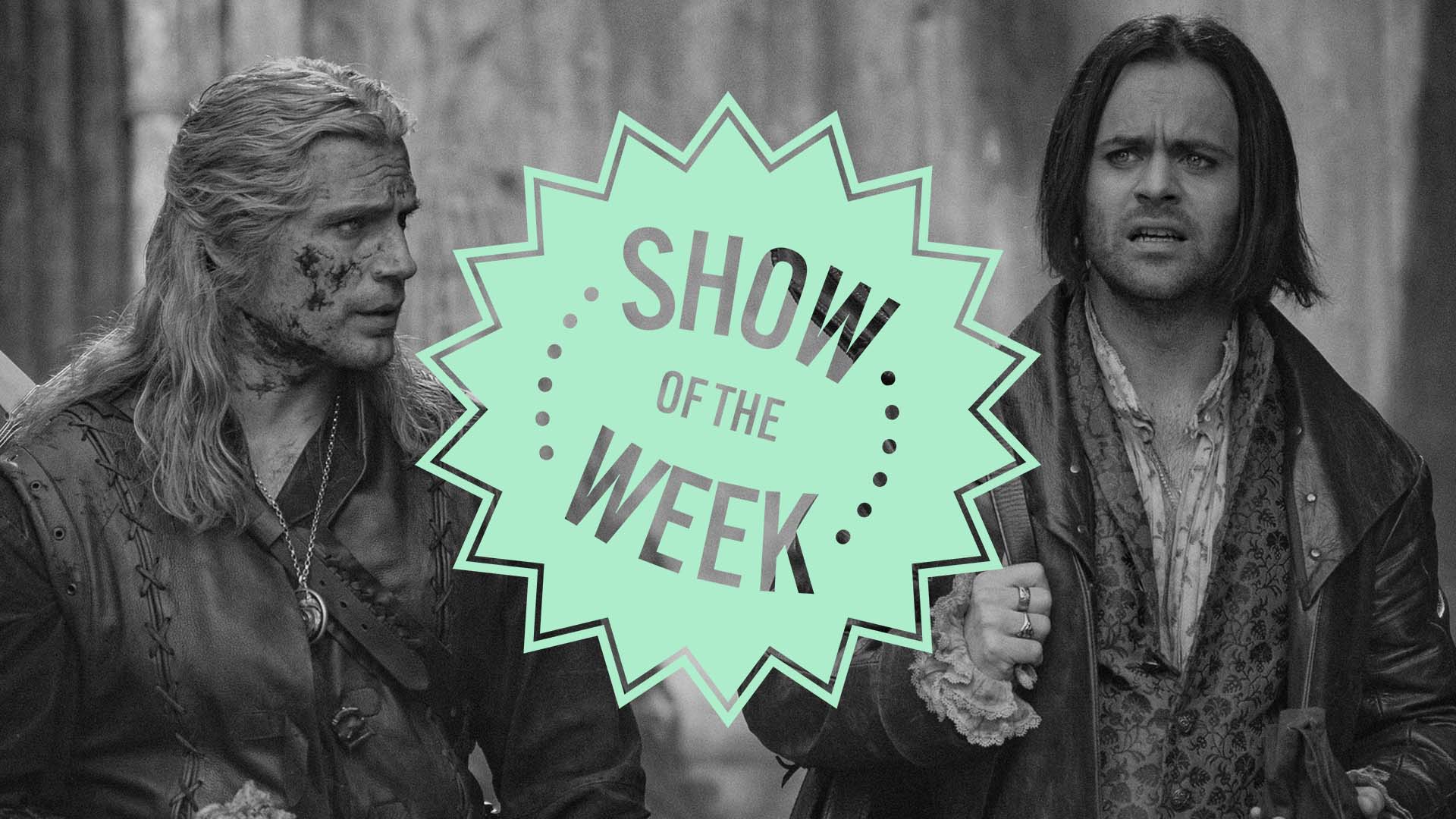
We’re all drowning in content—so it’s time to highlight the best. In her column, published every Friday, critic Clarisse Loughrey recommends a new show to watch. This week: The needlessly-delayed final eps of The Witcher‘s third season.
Streaming is at death’s door. At least, that’s the only conclusion I’ve been able to come to, as I’ve watched Hollywood’s actors and writers on strike over exploitative residual deals, while, at the very same time, Max and Disney+ permanently shelve films and television shows that have barely had a chance to be seen. It should have been quite obvious that any profit model that necessitated an ever-expanding subscriber base would eventually hit a brick wall, but here we are. The corporations trained us all in a new way of watching, only to realise that plating up everything, everywhere, all at once isn’t the soundest way of doing business.
Netflix invented the “binge watch”, dropping every episode of a series at once, only to realise that encouraging audiences to gorge and move on makes it almost impossible for shows to spread by word of mouth. So, now we’ve reached the “Part One” and “Part Two”—a hesitant compromise before streamers eventually return to the weekly episode format. The Witcher, Netflix’s high-fantasy romp starring Henry Cavill and based on Andrzej Sapkowski’s book series, premiered five episodes last month. A further three, wrapping up the season, have now slinked in behind.
It’s an entirely pointless divide, forcing audiences to take a four-week break in which to forget every detail of the show’s elf-mage feud, rooted in a thousand years of history, and with enough betrayals to make you wonder how these people actually remember who they’re meant to be stabbing in the first place. As I mentioned in reference to “Part One”, season three’s salvation has been its focus on Geralt (Cavill), Yennefer (Anya Chalotra), and Ciri (Freya Allan)—a ramshackle family unit, drawn together by a sense of pervasive abandonment, united in their solitude.
And yet, “Part Two” splits the trio up wherever possible, so that they can chase old connections and concerns. It’s cyclical in a way that feels almost like The Witcher is stalling for time, unsure whether to commit fully to the timeline of Sapkowski’s novels or carve out its own path. Episode seven takes a few risks by swan-diving into Ciri’s psyche, as she wrestles with the umpteen prophecies placed upon her shoulders by all these warring factions. But it doesn’t feel as if these final three episodes advance The Witcher’s story in any significant way—and certainly not enough to justify such a self-indulgent build-up.
“Whilst we were in production, Stranger Things had come out, and they had split their season. And it was like, ‘well, that’s intriguing.’” The Witcher’s executive producer Steve Gaub told The Verge, “In a streaming world, cliffhangers don’t really exist because you’re hitting play [right after an episode ends]. You don’t get that satisfaction of the anticipation and discussion and chatting online. So we wanted to give that to the fans, and the story was there for us to do it.”
But what was there to really anticipate when it came to this season’s The Witcher? The split parts of Stranger Things season four had a built-in, event quality to them, a communal spirit almost on par with the recent Barbenheimer craze. The first seven episodes built up the stakes—Vecna, the Upside Down, some gnarly murders—while the month-delayed, two-episode finale saw every character unite in a last-act defence. There were significant casualties (RIP Eddie, gone but never forgotten). There was a proper sense of conclusion, even if the final scene teased what lies ahead.
The Witcher’s second part, meanwhile, features a big battle. But there’s always a big battle in The Witcher. The messy politics continue. There are no game-changing twists or profound shocks. It simply chugs along as it always has. The new episodes are perfectly fine but don’t have the quality of a three-part finale. Watching them feels no different to when you return to a show you sort of forgot to finish. Netflix’s binge model was meant to be the catch-all solution to television. That clearly didn’t work out. What makes them think randomly chopping shows in half is any better?








